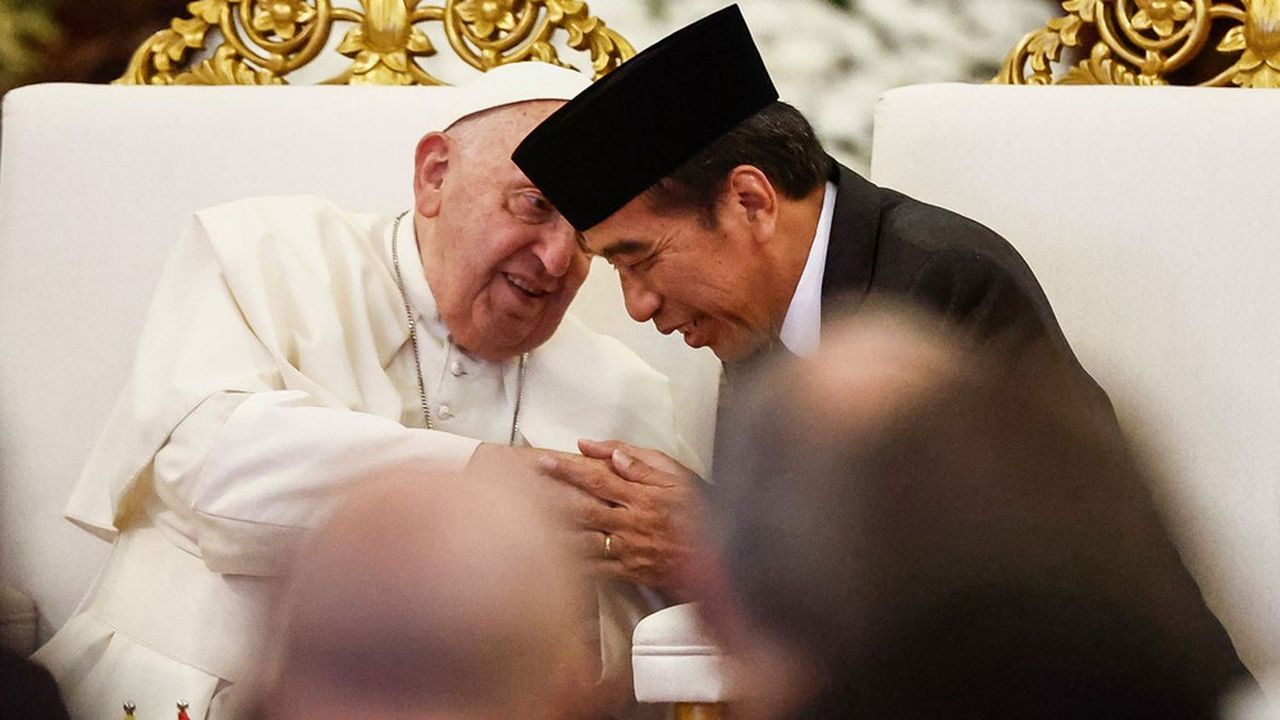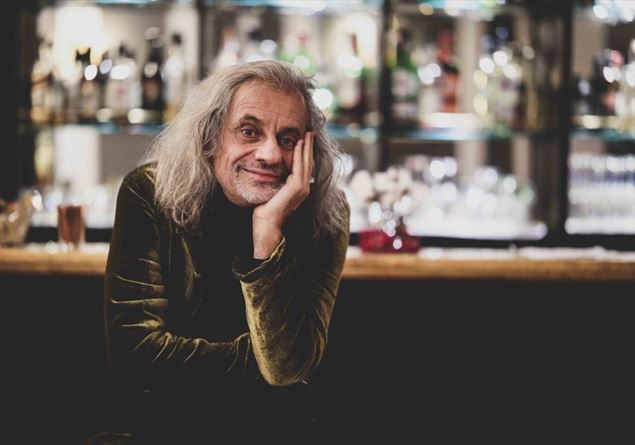
After having already travelled extensively in Asia, notably to South Korea, Japan, the Philippines, Burma and Thailand, Pope Francis began the longest tour of his pontificate on Tuesday evening in Jakarta. This time, it will take him for eleven days from Indonesia to Singapore, via East Timor and Papua New Guinea.
In a region where Christianity remains a very small minority – with the exception of Timor, where 97% of the inhabitants are Catholic, and the Philippines (80%) – the 87-year-old Argentinian Jesuit intends to show that the Catholic Church is not a distant, Eurocentric institution, and that it can be enriched by the practices built on the continent, which is now home to 60% of the world’s population.
The coexistence of multiple religions
“Catholic churches in countries like Indonesia or Singapore could serve as models of sorts for European and North American nations,” says Jonathan Y. Tan, a professor of Catholic studies at Case Western Reserve University.
“They can discover a church developing in extremely diverse societies, where different ethnicities, races and religions coexist,” explains the researcher. He recalls that the pope has tried since the beginning of his pontificate to “develop these intercultural and interreligious links.” “He often says that diversity, migrants do not have to be seen as challenges,” he insists.
On Wednesday, the head of the Catholic Church, who is also the head of state of the Vatican, used his first major speech before some 300 Indonesian political and religious leaders to promise an intensification of dialogue between Catholicism and other faiths, particularly with Islam. “In this way, prejudices can be eliminated and a climate of mutual respect and trust can develop,” Francis explained at the Merdeka presidential palace in Jakarta.
The pontiff had previously spoken with Indonesian leader Joko Widodo, who is Muslim, like 87% of his country’s 275 million inhabitants. “These exchanges are essential to address common challenges, including the fight against extremism and intolerance, which, by distorting religion, try to impose their views through deception and violence,” Francis insisted.
The pope is expected to repeat that message on Thursday, during an interfaith meeting at Jakarta’s Istiqlal Mosque, the largest in Southeast Asia, where he is also expected to call on all believers to join the fight against global warming and social inequality, which remains high in Southeast Asia.
A still young Church
Despite his advanced age and his leg and back pain – he mainly uses a wheelchair – the Pope also hopes to encourage the development of the Catholic Church in certain territories where it arrived very late. “In the Highlands region of Papua New Guinea where I am based, Christianity is only 90 years old,” explains Clement Papa, who has just been ordained archbishop of Mount Hagen, the third largest city in the country of 8 million inhabitants.
“The first Catholic missionary arrived here only in 1934. And I am the first local religious to be named bishop. All my predecessors were foreigners,” notes the religious who sees in the exceptional visit of the Pope a unique opportunity to reinforce this acculturation of the Catholic Church.







